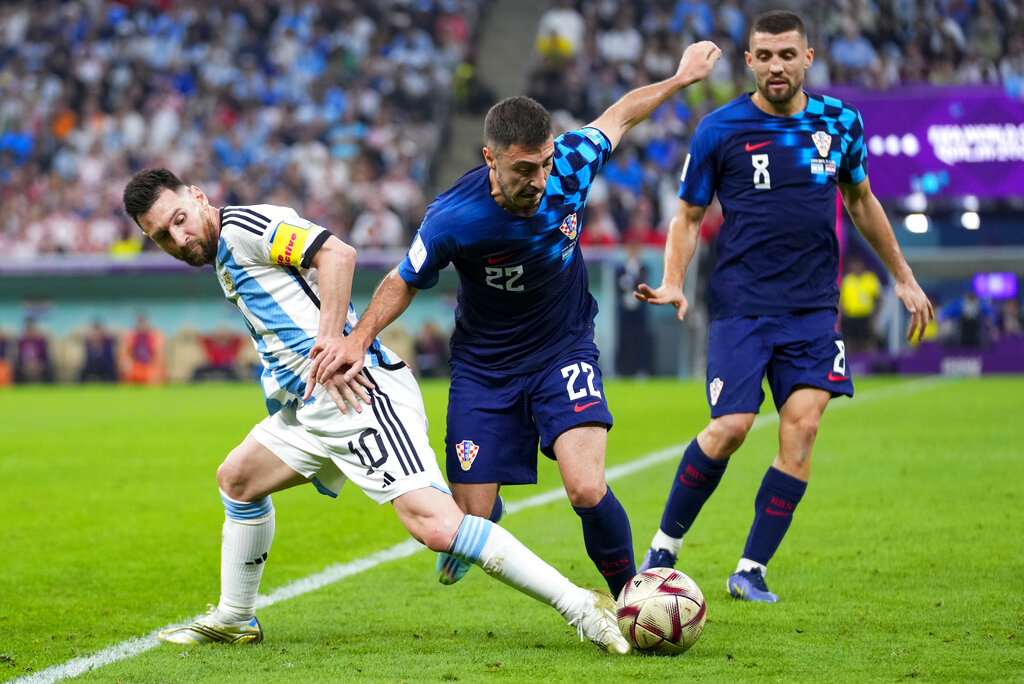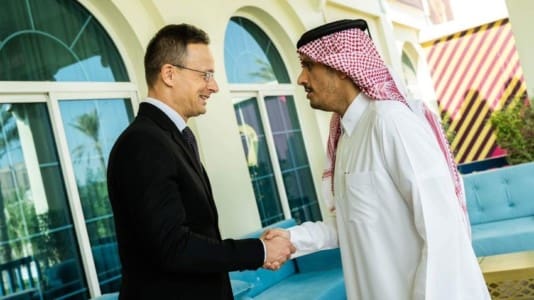Croatia is again among the top four teams in the football World Cup after it finished second fours years ago in Russia. The success in Russia, let us note, came 20 years after the 1998 generation of Šuker, Boban, Prosinečki and others won third place in the World Cup in France.
We are speaking about a country with 3.8 million inhabitants and around 140,000 registered football players; Germany for comparison’s sake, has 6 million such players. What is more, Croatia has some of the lowest sport investments in the EU. It does not even have a single high-quality stadium, except the one in Split, which is in need of renovation.
It should also be said that Croatian football is not free of corruption, which it deals with just like any other football organization in the world.
Well, what is the secret behind Croatia’s success then?
Of course, it can be argued that Croatians, similarly to other South Slavic nations, are talented at team sports. However, Croatia’s team, compared to representations of other countries in this part of Europe, is much more successful. So, that cannot be the reason.
The captain of the Croatian team, Luka Modrić, is probably the best Croatian football player in history, and he gave a clear explanation of Croatia’s success in an interview with English tabloid Daily Mirror.
“This team is made of players who are desperate to wear the jersey and want to show the world how much it weighs. We are all driven to play for our country and for that jersey. We fought a lot to win our independence as a nation, and we continue to fight to the last drop,” he said.
So, representing Croatia in football games is a matter of honor and national pride.
The coach for the national team, Zlatko Dalić, constantly emphasizes that sacrifice is the most important aspect of this team. He, as well as all the players, assume that playing for the country’s national team must be a sacred thing for every player.
“What we do, we do for Croatia,” Dalić always says.
He dedicated the triumph over Brazil to all Croats and the veterans of the Croatian Independence war.
This spirit was once well-defined by Slaven Bilić, who is now a coach but previously served as a representative of the generation of football players that won third place in France:
“Some fought during the war, we fought on the pitch for those who died, for their children that have a hard life,” he said.
And in the meantime, these children that had a hard life are now some of the best football players. For example, Luka Modrić’s family were refugees during the war and his grandfather was killed by the Serbs.
We also need to mention Zlatko Dalić’s coaching genius. We are speaking about a man who is a top expert on football, but also a great motivator. His football philosophy is inseparably connected to his worldview. Dalić is a devoted Catholic and he often speaks about how important faith is for him.
He managed to transfer some of the most important Catholic virtues, such as dedication, humility and sacrifice to his players. Most media showed scenes of Croatian players comforting Brazilians in the aftermath of the match between the two countries.
This is the spirit that Dalić constantly cultivates in the national team of Croatia.






